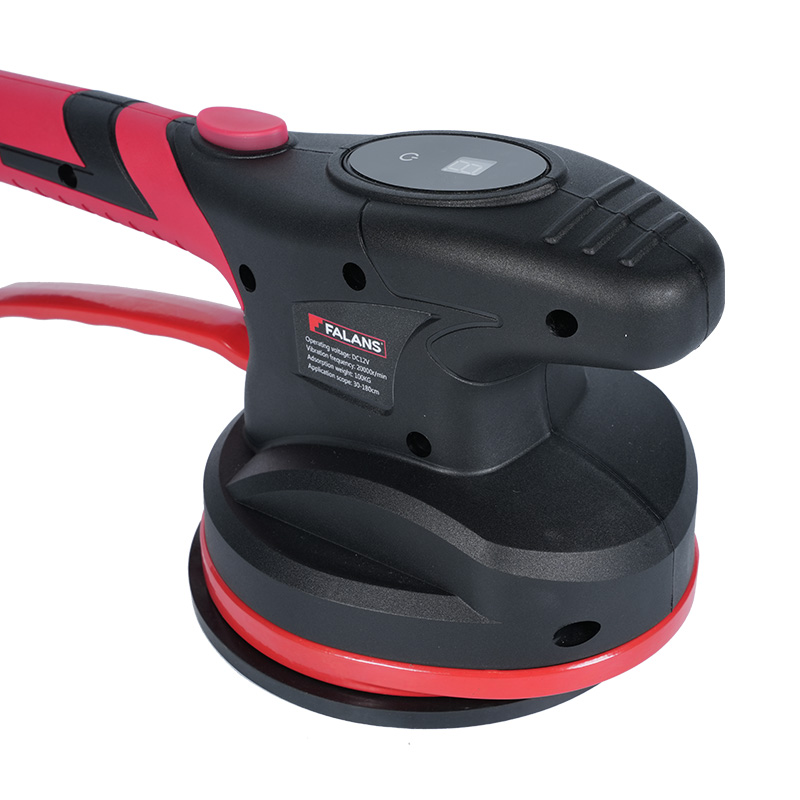Modern architecture often pushes beyond traditional designs, requiring materials that meet both functional and aesthetic standards. In projects where paving tiles are involved, customization becomes a key requirement. This raises the question: Can a tile vibrating paver factory customize products for unique architectural needs?
The answer, in many cases, is yes. A tile vibrating paver factory typically specializes in the manufacturing of concrete or cement-based paving tiles using vibration technology to ensure density, durability, and a consistent finish. While mass production is common in such factories, many also provide customization services that cater to specialized construction and landscape designs.
Customization can take many forms, including size, shape, color, texture, and strength. Architects or project managers working on commercial plazas, public walkways, or residential complexes may require non-standard patterns, custom surface finishes, or specific tile thicknesses. A tile vibrating paver factory with flexible production capabilities can often meet these requirements through modifications in mold design, material composition, and processing techniques.
One way a factory can enable customization is by using adjustable or modular molds. These allow the creation of tiles in varying geometries, from hexagonal and interlocking forms to larger rectangular or curved profiles. For projects where visual identity is important, custom patterns or engravings may also be added during the production process. A tile vibrating paver factory that works with architectural clients usually has a design and tooling department to support this level of detail.

In addition to shape, color variation is another important factor. While standard tiles may come in a limited palette, many tile vibrating paver factories offer pigment mixing options to match client specifications. This can be especially useful in public spaces or branded environments where color consistency supports the overall visual theme.
Material composition is another area where customization can be achieved. Depending on whether the tiles are for indoor, outdoor, pedestrian, or vehicular use, different mix ratios and aggregates may be required. A reliable tile vibrating paver factory will often test different mixes to deliver the desired strength and performance characteristics for a given application.
However, it is important to note that not every tile vibrating paver factory offers the same level of customization. Factors such as factory scale, equipment flexibility, production timelines, and order quantity often affect whether a project can be accommodated. Some factories specialize in large runs of standardized products, while others are structured to serve more design-specific or lower-volume needs.
Communication is key. Clients looking for custom solutions should work closely with the factory from the early stages of design. Sharing technical drawings, material expectations, and performance goals allows the tile vibrating paver factory to assess feasibility and propose adjustments if needed. In many cases, prototyping may be used to ensure the final product meets project requirements before full-scale production begins.
In conclusion, a tile vibrating paver factory can often provide tailored solutions for unique architectural needs, especially when equipped with adaptable technology, a skilled workforce, and a collaborative approach. For architects and builders looking to realize complex designs without compromising on durability or function, partnering with the right factory can make a significant difference in project outcomes.


 English
English русский
русский Español
Español italiano
italiano